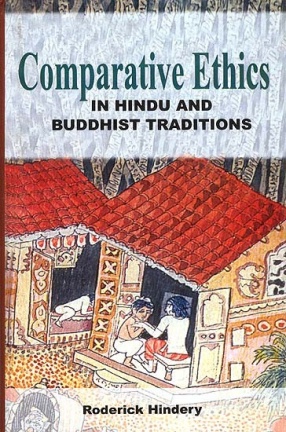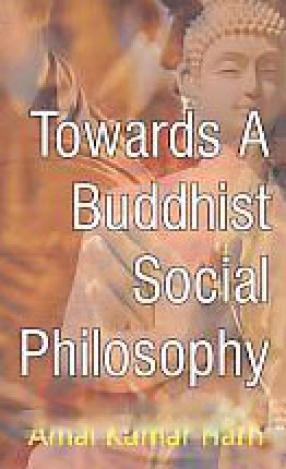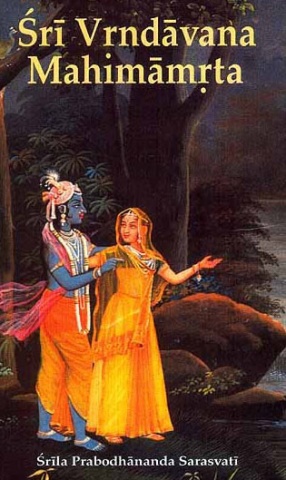Ethically minded persons confirm the age-old premise that human wisdom about cultural premise that human wisdom about cultural and moral growth is not the prerogative of religious, philosophical or other elites. While popular traditions tend to be drowned out by elitist, discriminatory models for just human relationships, they have better upheld the freedom and beauty of diversity.
The author draws moral ideals from primary Hindu sources – popular and formal, literary and scriptural. The same method is applied for Buddhist moral texts. Introducing method in comparative ethics with a synopsis of Hindu mystical tradition, the author discusses in detail ethics in the Rgveda, Upanisads, Laws of Manu, Ramayana, Gita, other popular classics, poetry, drama, philosophers, and reformers. After summarizing pluralism in Hindu ethics, the author sketches ethical thought in Mahayana Buddhist texts. The book contains elaborate notes, two appendices, critical textual matter, a diagram of topical parallels, a bibliography, and an index.





There are no reviews yet.